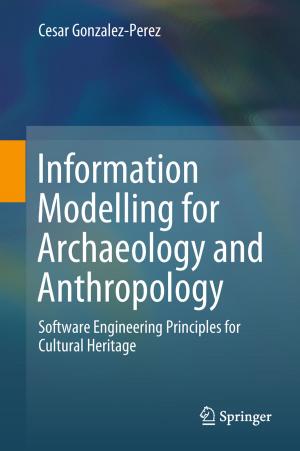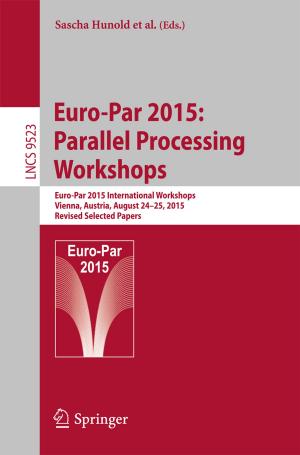International Organization in the Anarchical Society
The Institutional Structure of World Order
Nonfiction, Reference & Language, Law, International, Social & Cultural Studies, Political Science, International Relations| Author: | ISBN: | 9783319716220 | |
| Publisher: | Springer International Publishing | Publication: | May 23, 2018 |
| Imprint: | Palgrave Macmillan | Language: | English |
| Author: | |
| ISBN: | 9783319716220 |
| Publisher: | Springer International Publishing |
| Publication: | May 23, 2018 |
| Imprint: | Palgrave Macmillan |
| Language: | English |
This book takes up one of the key theoretical challenges in the English School’s conceptual framework, namely the nature of the institutions of international society. It theorizes their nature through an analysis of the relationship of primary and secondary levels of institutional formation, so far largely ignored in English School theorizing, and provides case studies to illuminate the theory. Hitherto, the School has largely failed to study secondary institutions such as international organizations and regimes as autonomous objects of analysis, seeing them as mere materializations of primary institutions. Building on legal and constructivist arguments about the constitutive character of institutions, it demonstrates how primary institutions frame secondary organizations and regimes, but also how secondary institutions construct agencies with capacities that impinge upon and can change primary institutions. Based on legal and constructivist ideas, it develops a theoretical model that sees primary and secondary institutions as shared understandings enmeshed in observable historical processes of constitution, reproduction and regulation.
This book takes up one of the key theoretical challenges in the English School’s conceptual framework, namely the nature of the institutions of international society. It theorizes their nature through an analysis of the relationship of primary and secondary levels of institutional formation, so far largely ignored in English School theorizing, and provides case studies to illuminate the theory. Hitherto, the School has largely failed to study secondary institutions such as international organizations and regimes as autonomous objects of analysis, seeing them as mere materializations of primary institutions. Building on legal and constructivist arguments about the constitutive character of institutions, it demonstrates how primary institutions frame secondary organizations and regimes, but also how secondary institutions construct agencies with capacities that impinge upon and can change primary institutions. Based on legal and constructivist ideas, it develops a theoretical model that sees primary and secondary institutions as shared understandings enmeshed in observable historical processes of constitution, reproduction and regulation.















